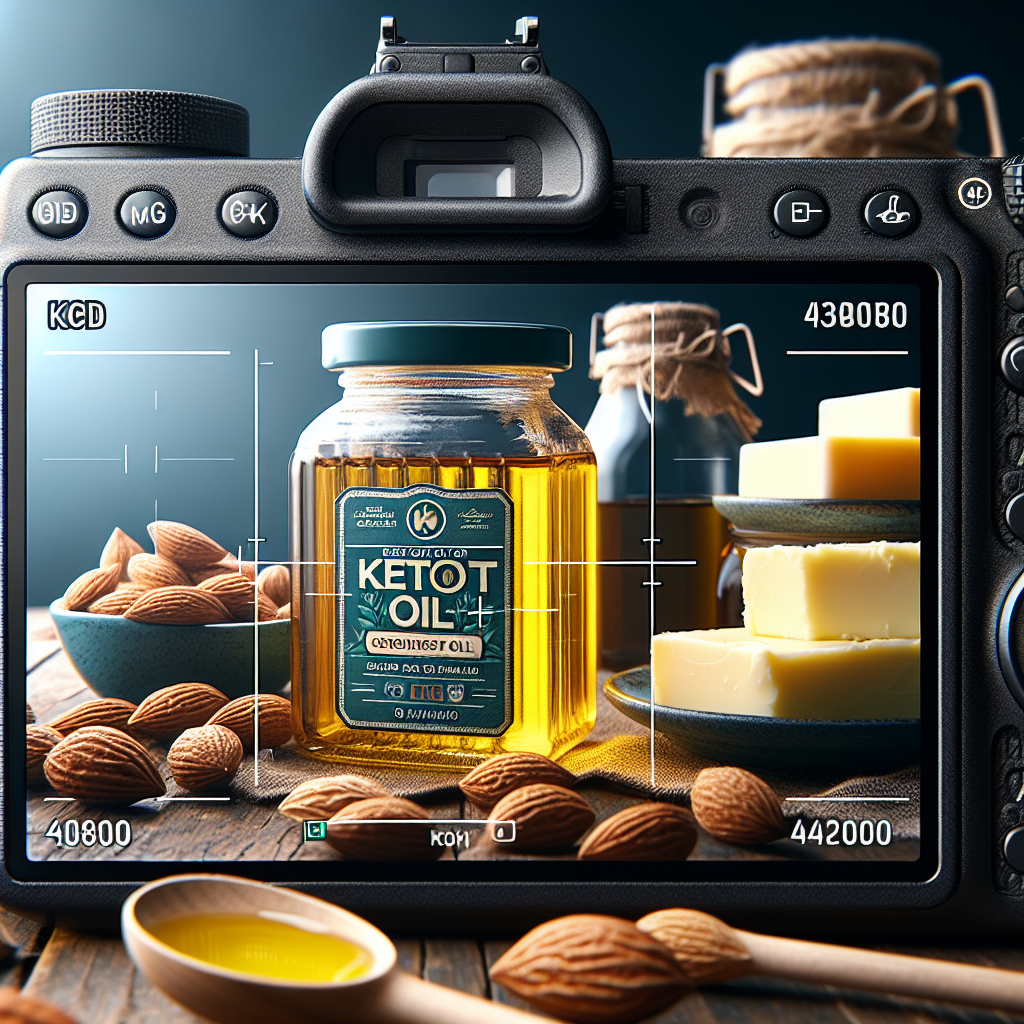
-
Table of Contents
- Best Fats for a Keto Diet: Ghee vs MCT Oil
- Understanding the Keto Diet
- What is Ghee?
- Nutritional Profile of Ghee
- Health Benefits of Ghee
- Potential Drawbacks of Ghee
- What is MCT Oil?
- Nutritional Profile of MCT Oil
- Health Benefits of MCT Oil
- Potential Drawbacks of MCT Oil
- Ghee vs MCT Oil: Which is Better for a Keto Diet?
- Conclusion
Best Fats for a Keto Diet: Ghee vs MCT Oil

The ketogenic diet, or keto diet, has gained significant popularity in recent years due to its potential benefits for weight loss, diabetes management, and overall health. This diet is high in fats, moderate in proteins, and low in carbohydrates, which forces the body to burn fats rather than carbs for energy. However, not all fats are created equal. This article will delve into two popular fat sources for the keto diet: ghee and medium-chain triglyceride (MCT) oil, comparing their nutritional profiles, health benefits, and potential drawbacks.
Understanding the Keto Diet
The ketogenic diet is a low-carb, high-fat diet that aims to shift the body’s metabolism from burning glucose (sugar) for energy to burning ketones, which are compounds the body produces when it breaks down fat for energy. This metabolic state is known as ketosis.
While the keto diet can help with weight loss and other health conditions, it’s essential to choose the right types of fats. Consuming unhealthy fats can lead to increased inflammation, heart disease, and other health problems. Therefore, it’s crucial to understand the differences between various fat sources, such as ghee and MCT oil.
What is Ghee?
Ghee is a type of clarified butter that originated in India and is commonly used in South Asian and Middle Eastern cuisines. It’s made by heating butter to remove the milk solids and water, leaving behind a concentrated source of fat.
Nutritional Profile of Ghee
Ghee is rich in saturated fats, with about 60% of its fat content being saturated. It also contains monounsaturated fats and a small amount of polyunsaturated fats. Additionally, ghee is a good source of vitamins A, E, and K2.
Health Benefits of Ghee
Ghee has several health benefits, especially for those on a keto diet. It’s a potent source of energy, providing about 9 calories per gram of fat. Ghee also contains butyrate, a short-chain fatty acid that can promote gut health and reduce inflammation. Furthermore, the vitamins in ghee can support immune function and bone health.
Potential Drawbacks of Ghee
Despite its benefits, ghee is high in saturated fats, which can raise LDL (bad) cholesterol levels if consumed in excess. Therefore, it’s important to consume ghee in moderation and balance it with other healthy fats.
What is MCT Oil?
MCT oil is a supplement made from medium-chain triglycerides, a type of fat that’s more easily digested and absorbed than long-chain triglycerides (LCTs), which are found in most foods. MCT oil is usually derived from coconut or palm kernel oil.
Nutritional Profile of MCT Oil
MCT oil is almost entirely made up of saturated fats. However, unlike other saturated fats, MCTs are rapidly absorbed and converted into energy, making them a great choice for those on a keto diet. MCT oil is also calorie-dense, providing about 10 calories per gram.
Health Benefits of MCT Oil
MCT oil has several health benefits. It can help increase feelings of fullness, promote weight loss, and provide instant energy. MCT oil can also support gut health by serving as a source of fuel for beneficial gut bacteria.
Potential Drawbacks of MCT Oil
While MCT oil has many benefits, it can cause digestive issues in some people, especially when consumed in large amounts. It’s also not a good source of essential fatty acids or vitamins, so it shouldn’t be the only fat source in your diet.
Ghee vs MCT Oil: Which is Better for a Keto Diet?
Both ghee and MCT oil can be beneficial for a keto diet, but they offer different advantages. Ghee provides essential vitamins and promotes gut health, while MCT oil can provide instant energy and support weight loss. Therefore, the choice between ghee and MCT oil may depend on your individual health goals and dietary needs.
However, it’s important to remember that both ghee and MCT oil are high in saturated fats, so they should be consumed in moderation. It’s also crucial to balance these fats with other healthy fats, such as those found in avocados, nuts, and seeds.
Conclusion
In conclusion, both ghee and MCT oil can be beneficial for a keto diet, but they should be used wisely. While ghee offers essential vitamins and promotes gut health, MCT oil provides instant energy and can support weight loss. However, both are high in saturated fats and should be consumed in moderation. As with any diet, it’s important to balance these fats with other healthy foods and consult with a healthcare professional before making any significant dietary changes.